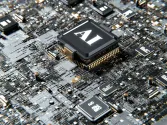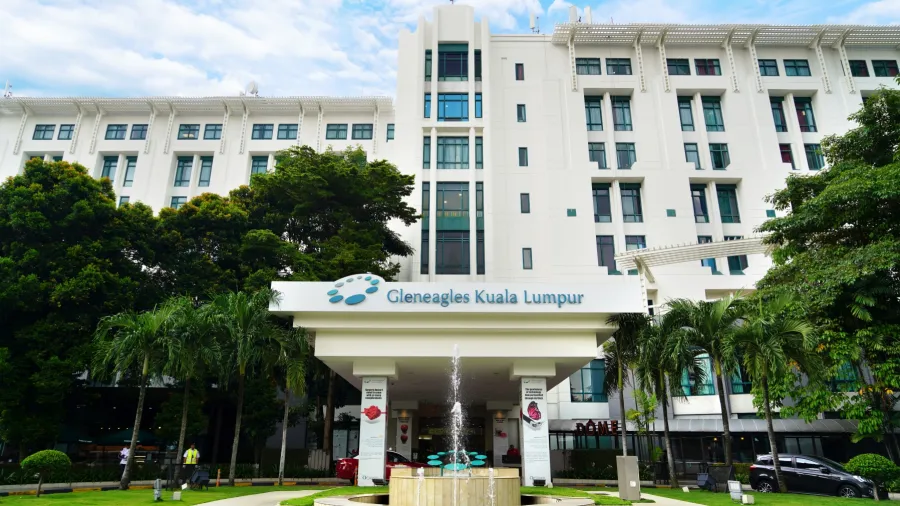
Gleneagles Hospital Kuala Lumpur Receives Medical Technology - Healthcare Accolade at Malaysia Technology Excellence Awards
The hospital launches a revolutionary credit card matching automation for the account team that solves time-consuming challenges in hospital bill payments.
Gleneagles Hospital Kuala Lumpur (GKL) has been honoured with the prestigious Medical Technology - Healthcare accolade at the Malaysia Technology Excellence Awards for its innovative use of Robotic Process Automation (RPA) to address critical challenges in hospital bill payments and streamline its finance operations.
The prestigious awards programme recognises exceptional companies that are riding the disruption wave and are leading the technological revolution and digital journeys of their respective industries to boost Malaysia’s fast-growing economy.
One of the significant challenges faced by GKL was the time-consuming process of matching credit card transactions in their accounting system. Patients who choose to pay their bills with credit cards often experience delays as the full bill amount is held by the credit card company, and the turnaround time for transferring the payment to GKL's bank account takes one to two business days.
This requires the accounting staff to manually match the credit card transactions in the hospital's information system (CPLUS) to clear any pending transactions, a process that was labour-intensive and prone to human errors. On average, the accounting staff spent 3-4 hours per day matching approximately 12,000 credit card transactions per month.
Another challenge was the manual quality control process for bulk payments made by corporate or insurance companies. GKL receives payment details or payment advice from these companies indicating which bills have been paid, and the credit control staff is responsible for ensuring that proper receipting is done for the bills paid by these entities. This process required the staff to manually identify the bills that have been paid, enter the amount paid for each bill, and save the receipt in the system, which was time-consuming and prone to errors. On average, the credit-control staff processed approximately 15,000 bills per month.
To address these challenges, GKL implemented Robotic Process Automation (RPA) solutions for credit card matching automation in the Accounts team and debtor receipting automation in the Credit Control team. RPA uses scripts to mimic human actions, enabling the automation of repetitive tasks performed on a computer for a specific task.
Under the RPA solution for credit card matching, GKL uploads merchant statements, which contain transactions credited into their bank account, into a template for the RPA robot to work on. The robot then matches unprocessed credit card payments recorded in their CPLUS system using two unique identifiers. Once completed, the processed credit card payment file is saved, and the staff only needs to check the total amount. Any unprocessed transactions are flagged for manual review by the staff. This RPA process has reduced the staff's effort for credit card matching by at least 70%.
Similarly, under the RPA solution for debtor receipting, payment details shared by a debtor are uploaded into a template for the RPA robot to work on. The robot logs into the CPLUS system, pulls out outstanding amounts under a specific debtor, and performs receipting in the system using two unique identifiers. Once completed, unprocessed bank transactions are identified for staff to review and apply to receipt manually if needed. This process has reduced at least 90% of the previous workload for receipting done under the Credit Control team.
The impact and results of these initiatives have been significant. Before the implementation of RPA, the accounting staff spent 3-4 hours daily on credit card matching, totaling 70 hours per month. With RPA, the time spent on credit card matching has been reduced to just half an hour daily for uploading transaction details into the template, totalling only 10 hours per month. Similarly, the credit-control staff, who previously spent 160 hours per month on debtor receipting, now spend only one hour daily for applying receipting for smaller companies.
The success of these initiatives has opened future opportunities for Gleneagles Hospital Kuala Lumpur to further expand the use of RPA in other areas of its operations. The hospital is exploring avenues to leverage RPA in other financial and administrative processes to enhance efficiency, reduce manual errors, and improve overall productivity.
The Malaysia Technology Excellence Awards is presented by Asian Business Review Magazine. To view the full list of winners, click here. If you want to join the 2024 awards programme and be acclaimed for your company's outstanding contributions in pursuit of technological innovation, please contact Danica Avila at [email protected].
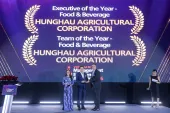









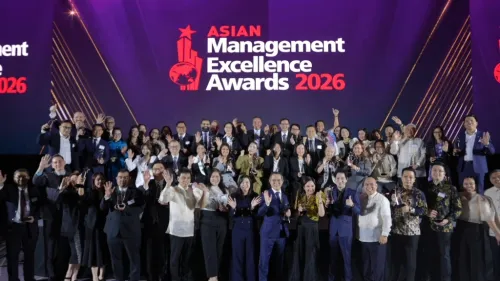
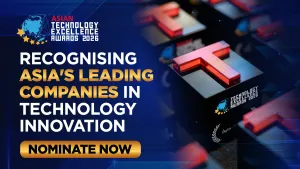
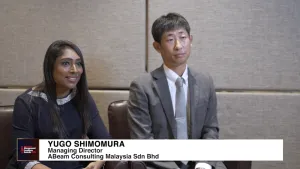
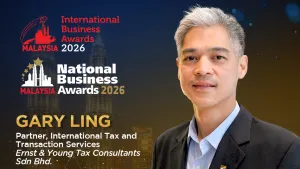



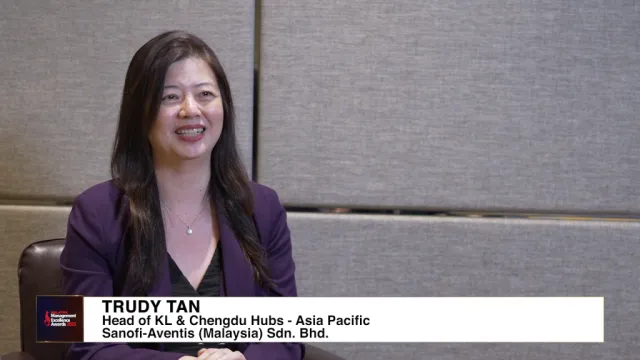

 Advertise
Advertise

